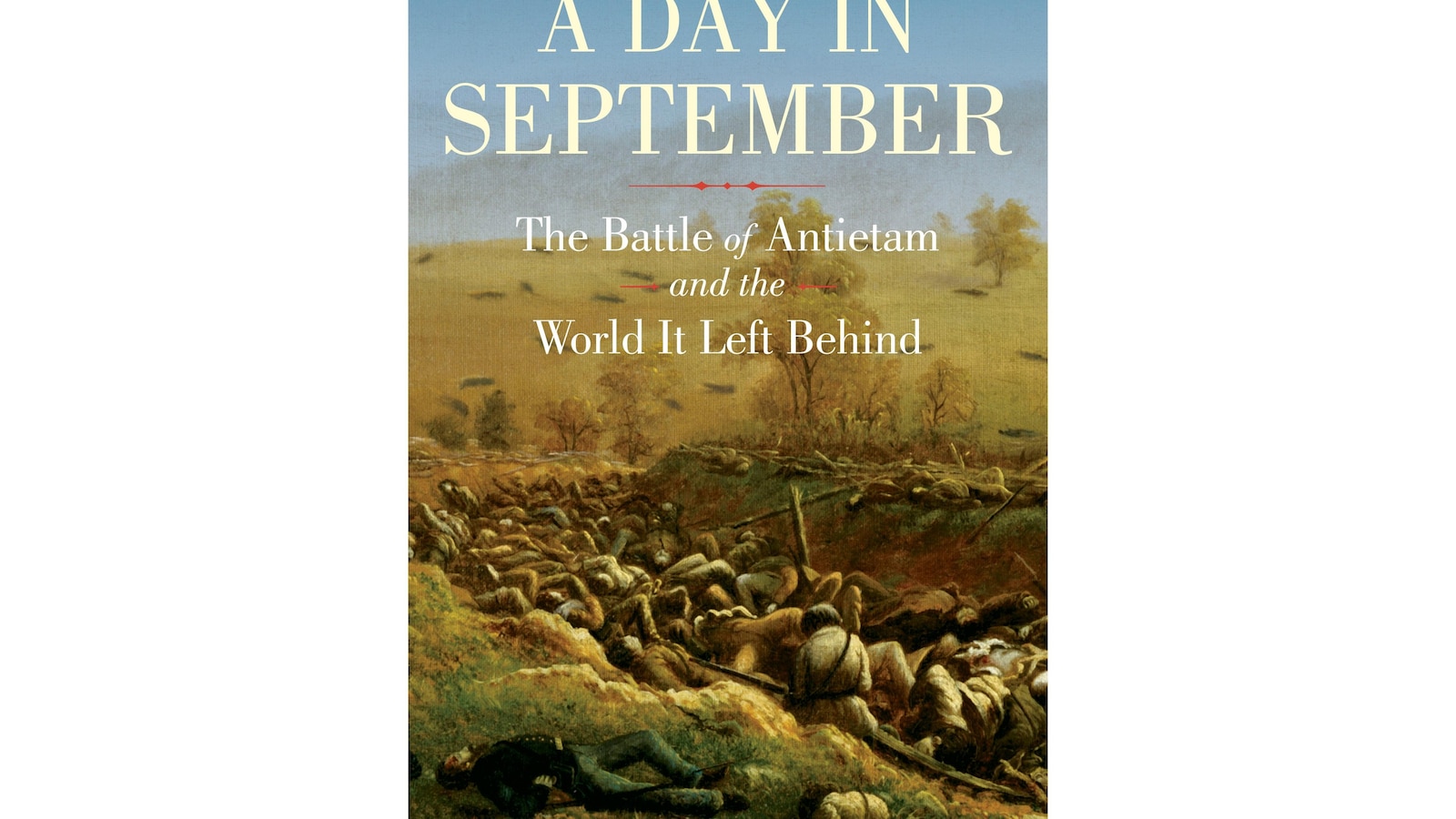
About 57,000 books have been published on the American Civil War so what possibly could be left to explore ?
Quite a bit, it turns out, particularly regarding the bloodiest battle of the war and in American history, Antietam. In one day of savage fighting, Sept. 17, 1862, an estimated 6,500 soldiers were killed and at least 15,000 wounded.
In 291 brisk, fact-stuffed but engaging, thought-provoking pages, “A Day in September” by Stephen Budiansky examines how ill-prepared we as a nation were for war, but more significantly, what we learned and how those advances led to better military training, rapid improvements in battlefield medical care and the beginnings of a reconciling of the differences in North and South society, values and beliefs.
Some key American institutions at the outbreak of the Civil War were astonishingly primitive and Antietam revealed just how bad. Pre-Civil War, for example, most graduates of the U.S. Military Academy were well-schooled in math and engineering, much less so in military tactics.
Many soldiers lacked even rudimentary training such as target shooting. Militias often behaved like fraternal organizations or a mob, Budiansky writes.
Medical care was primitive. For example, most doctors of the Civil War era did not understand how disease was transmitted. Treatment of the wounded at Antietam typically was chaotic; drivers charged with taking wounded to field hospitals often were drunk, the book observes.
What might have made the book even more engaging would be to carry the lessons learned from these failings to the present day.
For example, can we resolve our current differences peacefully ?
This is an absorbing, illuminating, compelling book that calls on us to consider the advances in military strategy, medical care and diplomacy that Antietam gave us at horrific cost.
It also asks us to consider a rift between science and religion that emerged after the war. The book notes that our religious leaders also fell short, telling the populace on both sides during the Civil War that God was on their side, but as the author quotes Lincoln as observing, one side must be wrong.
Then and now, reasoned discussions and diplomacy largely failed and some Americans are openly talking about a potential Civil War II.
They would not if we absorbed some of the lessons from this book.
___
AP book reviews: https://apnews.com/hub/book-reviews







